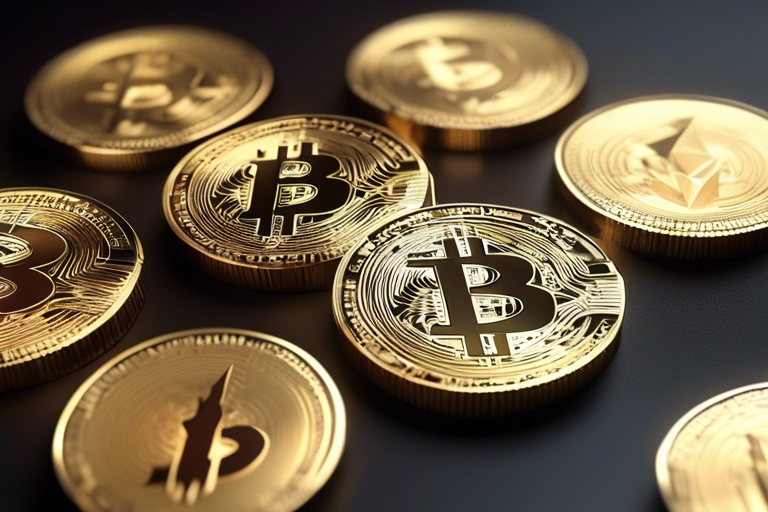The End of the Digital Currency Innovation Lab in Hawaii
In a recent announcement, the Hawai‘i Department of Commerce and Consumer Affairs Division of Financial Institutions (DFI) officially concluded the Digital Currency Innovation Lab (DCIL) on June 30. This milestone event ushered in changes in crypto regulation in the state starting July 1.
The DCIL Research Project
The DCIL research project was initiated in 2020 by the DFI in collaboration with the Hawai‘i Technology Development Corporation (HTDC). The primary objective of the project was to explore the digital currency landscape within the state and assess the regulatory framework needed for companies specializing in digital currency.
- The project aimed to understand digital currency activities in Hawai‘i
- It sought to evaluate the regulatory environment for digital currency companies
- The project involved collaboration with the HTDC
Changes in Crypto Regulation
The research findings indicated that the activities carried out by crypto-related entities did not fall under the concept of money transmission as defined in Chapter 489D of the Hawai’i Revised Statuses. Previously, cryptocurrency firms had to acquire a money transmitter license to operate in the state.
- The research results led to a transformation in crypto regulation in Hawai‘i
- Prior to the DCIL, obtaining a money transmitter license was mandatory for crypto firms
- The DFI explored a digital currency licensing scheme during the project
Despite efforts to propose a specialized digital currency licensing program during the project, the DFI was unable to develop one that offered adequate consumer protection. As a consequence, crypto companies in Hawai‘i are no longer obligated to hold the Hawaii-issued MTL. Instead, firms can operate within the state as unregulated businesses effective July 1, 2024.
Compliance Requirements for Crypto Firms
While companies no longer need the MTL in Hawai‘i, they must adhere to relevant federal licensing or registration obligations. These include obligations related to consumer protection, anti-money laundering measures, and other standards established by regulatory bodies such as FinCEN, the SEC, and the Financial Industry Regulatory Authority (FINRA).
- Crypto businesses in Hawai‘i must comply with federal regulatory requirements
- Regulatory standards involve consumer protection and anti-money laundering
- Companies need to conform to guidelines set by FinCEN, the SEC, and FINRA
Warning Issued by Hawaii Authorities
Iris Ikeda, the Banking Commissioner at DFI, emphasized the valuable insights gained from the DCIL research project in understanding the evolving crypto landscape. The project’s conclusion signifies a commitment to finding a balance between innovation and regulatory responsibility in the industry.
- DCIL outcomes aided regulators in grasping the crypto sector’s dynamics
- Insights from the project contributed to safeguarding consumer interests
- The conclusion of the DCIL represents a milestone in industry engagement
Remain Vigilant Against Scams
In light of recent crypto scams, investors are urged to remain alert and cautious. Law enforcement agencies have issued warnings about scams where individuals posing as officers coerce victims into making payments with cryptocurrency to avoid fictitious legal consequences. To avoid falling victim to such schemes, individuals are advised to avoid disclosing personal or financial information to unknown callers and should exercise caution before confirming any personal details over the phone.
- Investors should be wary of scams seeking payments in cryptocurrency
- Avoid sharing personal or financial data with unknown callers
- Exercise caution when divulging personal information over the phone
Hot Take: Hawaii’s Crypto Regulation Update
Hawaii’s regulator announced the official end of the Digital Currency Innovation Lab (DCIL) on June 30. The DCIL concluded that crypto firms no longer needed a Money Transmitter License (MTL) to operate in the state.





 By
By
 By
By

 By
By

 By
By